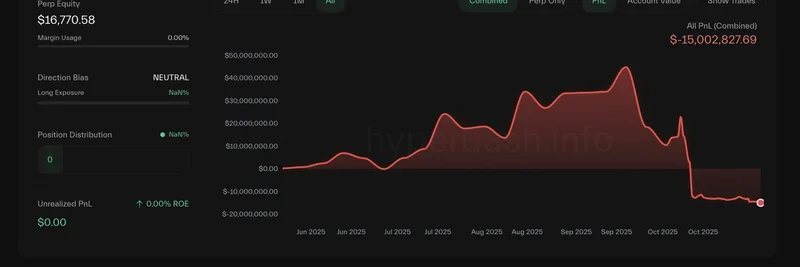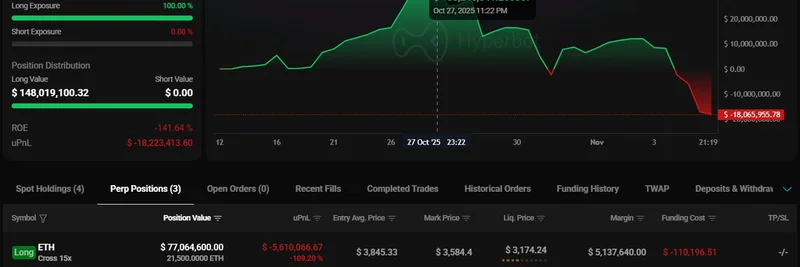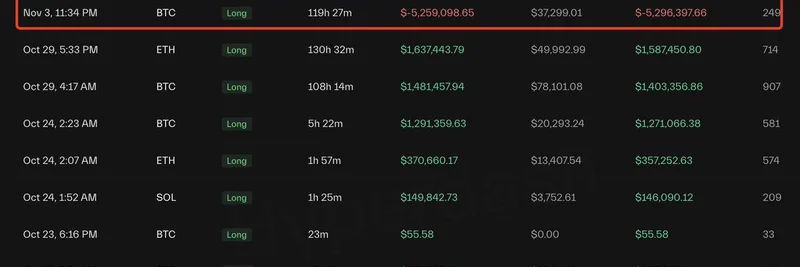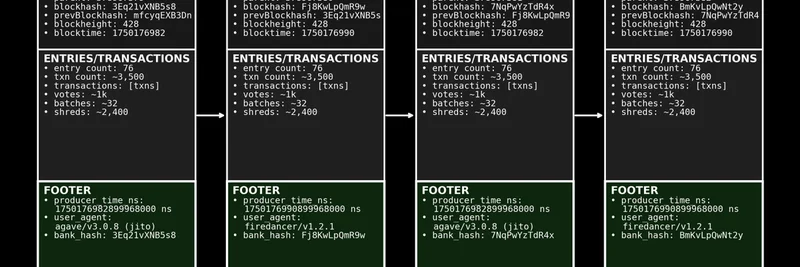In the fast-paced world of cryptocurrency, staying on top of regulatory shifts is crucial—especially when they impact how we access our favorite wallet apps. Recently, a tweet from SolanaFloor highlighted a significant update from Google: non-custodial wallets are officially exempt from the company's cryptocurrency exchanges and software wallets policy. This comes after some initial confusion that sparked backlash from the crypto community. Let's break it down in simple terms and explore what this means for meme token enthusiasts and blockchain users.
The Initial Policy Update and Community Backlash
Google recently rolled out changes to its Play Store policies aimed at cryptocurrency exchanges and software wallets. The goal? To ensure these apps comply with local laws and maintain a safe environment for users. Under the new rules, set to take effect soon, developers in certain countries must obtain specific licenses or registrations to keep their apps available on the store.
However, the early guidance seemed to lump in all wallet apps, including non-custodial ones—those where users hold their own private keys and have full control over their assets without relying on a third party. This raised alarms across the crypto space, as it could have forced popular self-custody tools off the Play Store or burdened developers with unnecessary regulations. Imagine not being able to easily download your go-to wallet for storing Solana-based meme tokens like $BONK or $WIF!
The backlash was swift, with developers, users, and industry voices calling out the potential harm to decentralization—a core principle of blockchain technology.
Google's Swift Clarification
Responding to the outcry, Google quickly clarified via a post on X (formerly Twitter) that non-custodial wallets are not covered under this policy. As stated in their official response, "Non-custodial wallets are not in scope of Google Play’s Cryptocurrency Exchanges and Software Wallets Policy. We are updating the Help Center to make this clear."
This update was echoed in the SolanaFloor thread, bringing relief to the Solana community and beyond. Google's updated Help Center page now explicitly notes that non-custodial wallets are out of scope, focusing the policy instead on custodial services where the platform holds user funds.
For context, the policy requires licensing in countries like the US (FinCEN registration), UK (FCA registration), and various EU nations under the MiCA regulation. But if your app is a non-custodial wallet, you can breathe easy—no need to jump through these hoops.
Why This Matters for Meme Token Holders
Meme tokens thrive on community-driven hype, quick trades, and self-custody. Platforms like Solana, known for its speed and low fees, host a vibrant ecosystem of memes where users often prefer non-custodial wallets like Phantom or Solflare to maintain control over their assets. This exemption ensures these apps remain accessible on Android devices without regulatory hurdles, preventing any disruption to the meme economy.
Think about it: If non-custodial wallets were restricted, it could push users toward custodial options, increasing risks like hacks or platform failures (remember FTX?). By exempting them, Google supports the ethos of "not your keys, not your crypto," empowering users to securely hold their meme portfolios.
Broader Implications for Blockchain and DeFi
This move is a small but significant win for decentralization. It shows that big tech is listening to the crypto community and adapting policies to foster innovation rather than stifle it. For blockchain practitioners, especially those diving into meme tokens, it means continued easy access to tools that enhance security and autonomy.
As the space evolves, keep an eye on how policies like this intersect with emerging tech. If you're building or using apps on Solana or other chains, this clarification reinforces the importance of self-custody in a world where memes can moon overnight.
Stay tuned to Meme Insider for more updates on how regulatory shifts affect the meme token landscape. What's your take on Google's policy tweak? Drop a comment below!




